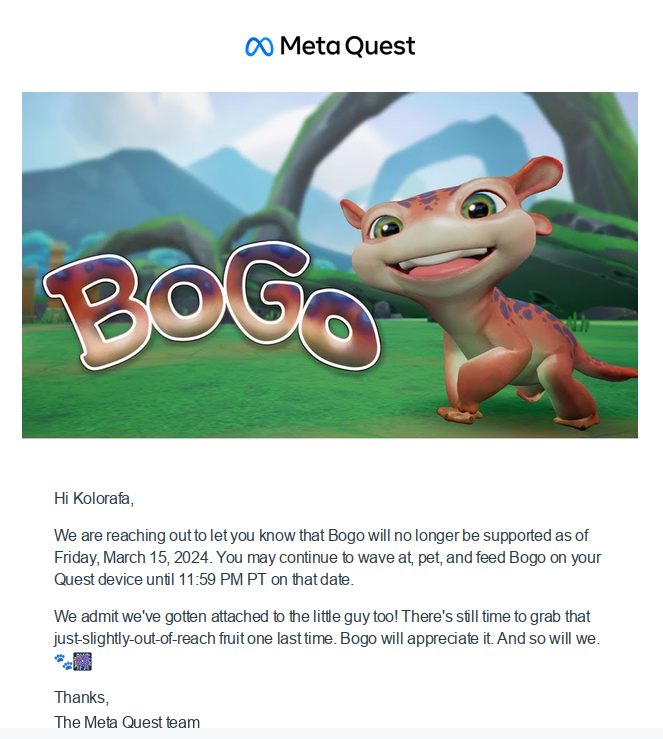This should be illegal, companies should be forced to open-source games (or at least provide the code to people who bought it) if they decide to discontinue it, so people can preserve it on their own.

This should be illegal, companies should be forced to open-source games (or at least provide the code to people who bought it) if they decide to discontinue it, so people can preserve it on their own.

They want to “help me learn” that a form of media storage invented and refined within a couple of decades will outlast all other forms, because they’ve deluded themselves that the things they rely on are perfect and that failure is impossible.
What you’re talking about is 100% unrelated to what the discussion is about. The media the files are stored on are irrelevant. USB flash drives are known to die within just a couple of years in some cases. But when the storage media itself fails, then the data on it is more is less lost. And that includes degradation of the medium itself. That’s why both spinning hard drives and solid state drives need to be powered on and “refreshed” every so often (about a year for solid state and roughly a few years for magnetic). And degradation in this context means beyond the point where each bit can be reliably and accurately read from the medium. Once you go past that point you end up with corrupted data. And that includes pictures and videos. A raw picture probably won’t be affected too much with a single bit flipping, but a jpg for example, will visibly look corrupted. This is what a corrupted jpg looks like. And it can occure with just a single bite or byte being incorrectly changed/saved jpg1 jpg2
And here’s an example of corrupted video: https://www.youtube.com/watch?v=i-bz21deEeY
All it takes is a single corrupted byte in either the b-frame or i-frame in a video and it will cause that momentary glitch. That’s what happens when data “degrades”. Digitally copying a file absolutely does not “degrade” data each time it is copied. The idea is just laughable. We aren’t talking about copying a VHS tape.